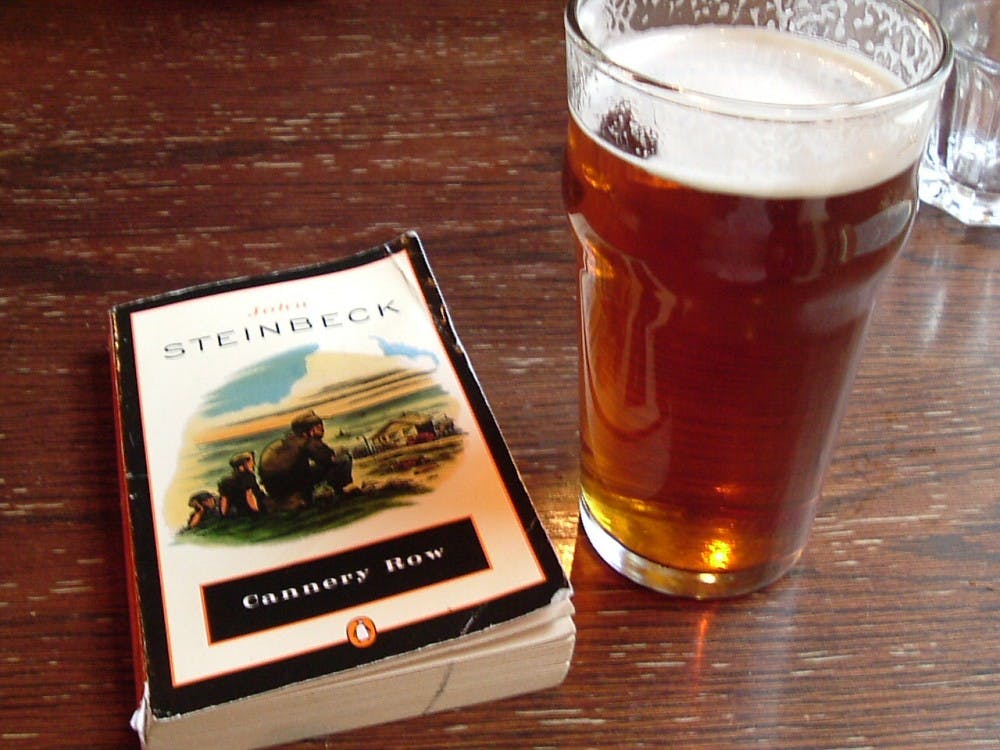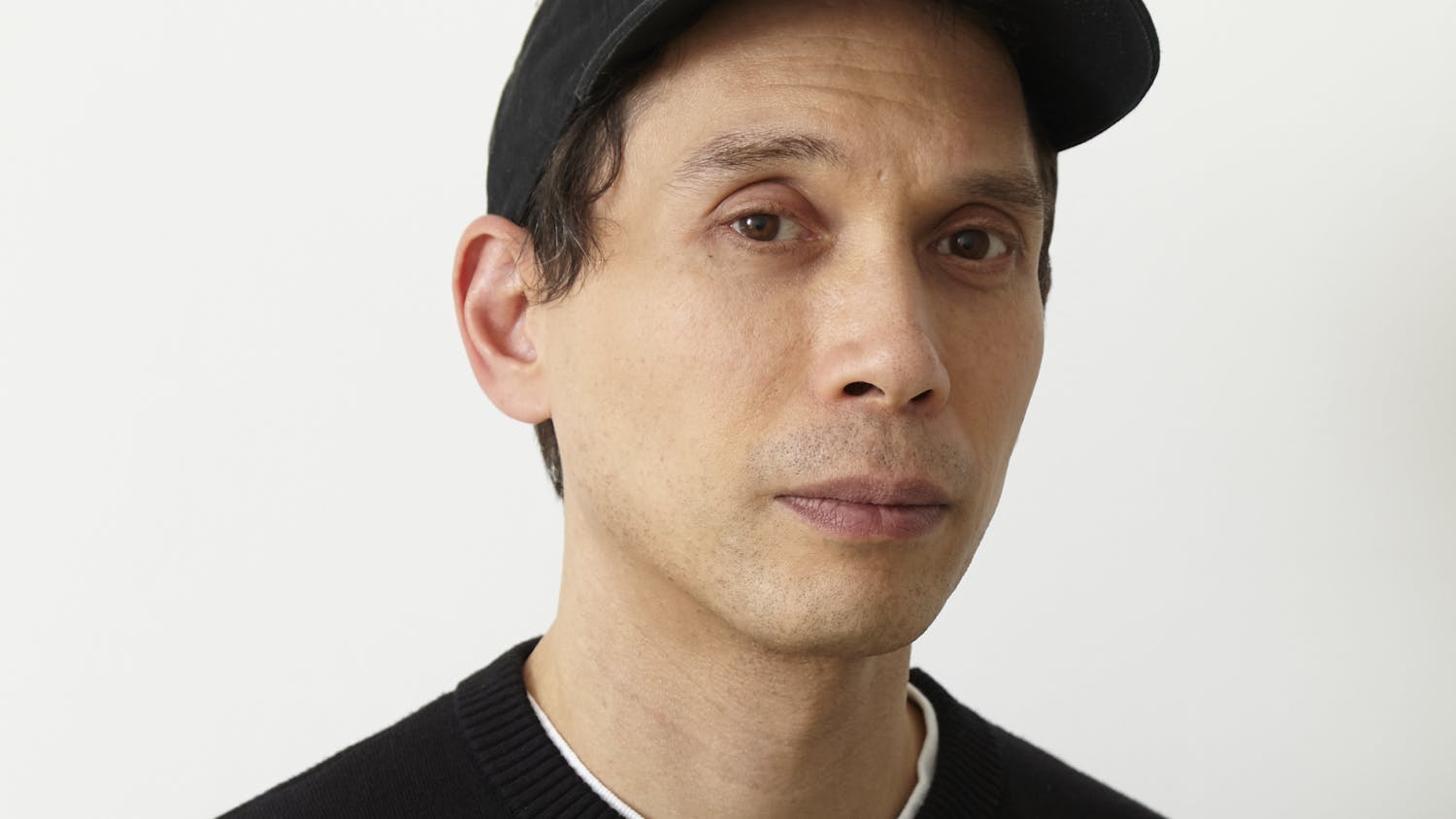Summer reading, in my experience, is at its best when you physically cannot stop reading. Summer, after all, is the one time of year we are afforded that privilege, and the reason I have saved the second half of Lolita for fifteen minutes increments every night in the fall (I’m afraid I have nursed Lolita like a bad Bloody Mary, the kind without paprika, Tabasco and precise proportions, straight vodka that vaguely reeks of ketchup, the kind that you sip at all of brunch so as not to be wasteful. The writing is beautiful of course, but too slow for summer. I do, however, recommend carrying it to lunch at your internship to avoid small talk. Fellow interns will perceive you an intellectual with loftier ideals to consider than office drama. Ergo, you are saved and free to troll your Instagram for thirty minutes).

If you are unsure whether or not you are milking a book, monitor your behavior. Taking selfies with a book, for example, usually indicates you are putting off the actual reading. Pictured: me with Lolita by Vladimir Nabokov.
Sometimes summer reading is thrust upon us without our consent (sometimes even without our knowledge). Between constant previews for Me Before You on TV and the novel’s prime seating upon bestseller's tables at holes in the wall and Barnes and Nobles alike, I found myself sitting in Washington Square after work with the book in hand. It was a bright day and I was squinting. As the sun began to set, however, I noticed my discomfort did not improve. My eyes were squinting, I realized, because they were sick of reading the words on the page. In short, I did not like the book.
For starters, I didn’t like the narrator. I was a few chapters in and Louisa, called “Lou,” was crying about everything and anything. She lost her job at the coffee shop. She wasn't as smart as her sister. Her boyfriend didn't understand her. Her new employer did not like her. She spent most of the day at her new job doing nothing (which is absolutely ideal, if you ask me. Bring a book Lou!). I know it would have picked up if I had stayed the course, but at what cost? I'm not opposed to whiny narrators, of course. Still, Louisa didn't exactly have that angsty swagger Holden Caulfield boasts. Her lamentations were free of the wit, the keen observations Holden doles out like inflated currency.

Other telling habits include posing the book in question with food or coffee for Snapchat story purposes.
Now that was a book that shaped my summer. Catcher in the Rye. I was sixteen years old and it was early June. I read it in a day. I can remember the way my sun tan lotion smelled; I can remember the taste of the sandwich I scarfed down as I read through lunch (turkey with tomato). If you loved Jo Jo Moyes’ Me Before You, I do not mean to offend. You are in good company. The New York Times raved (which cannot be said about many of my favorite chick-litty novels). It was thrust upon me mainly because of the large following it has attracted. But reading is too integral to my summer experience to take bad recommendations sitting down. I don’t want to read something that will eventually get better. It is summer and I want to have fun the whole time.
My recommendations, as follow, go down as swiftly and comfortably as an IPA Summer Shandy by the pool. Let’s begin with Heartburn by Nora Ephron, the equivalent to a new Taylor Swift album (artful, yet accessible and providing you the edge to dump your loser boyfriend). In her thinly veiled autobiography, the late Ephron unleashes hell on Carl Bernstein (her cheating husband who exposed the cheating Nixon administration’s role in Watergate with Bob Woodward). The antithesis of Me Before You’s Lou, Ephron paints a woman who refuses to be a victim and chooses to laugh about the way things turn out. I certainly laughed. The 1983 novel tastes fresher than most new releases this summer’s bestseller table features. Approximate read time: 24 hours. Best served at the beach.
Come to the Edge by Christina Haag is a magical memoir. No one has ever been dumped by JFK Jr. quite so gracefully. Haag is another winning woman who, much like Ephron, refuses to be a victim. In a memoir that could have been overshadowed by Kennedy family secrets and Hyannis Port observations, Haag reigns supreme as the memoir’s heroine, taking readers through her adventures as a young girl in Manhattan, budding actress at Brown and dedicated pupil at Julliard. Even when she caves to sentimentality, you can’t help but relish it. Fighting breast cancer, Haag looks back on her journey thus far with nostalgia and affection, wonder and insight. It’s no wonder Jackie liked her so much. And yes, I cried. Approximate read time: 24 hours. Best served in bed, beneath the covers.
Kissing in Manhattan by David Schickler is the book of short stories to satisfy your inner whimsy. This curious collection profiles different residents of Schickler’s imagined Preemption Building, forcing one to imagine who it really is they live among. Are people really this peculiar? Could the people of the Radian, for instance, ever behave comparably? Dubbed “modern fairytales,” these short stories allow power reading with breaks up until the very end when many of the plots align and the work takes on a novel quality. Fantastical and spooky, the weirdness is so well written I forgot how weird it was. I’m not saying it is Nine Stories (did I mention I like JD Salinger?) but if it’s between one short story and an hour of The Bachelorette, go with Schickler. Kissing in Manhattan is way more fun than Kissing JoJo. Approximate read time: 3 days. Best served on the train to and from work.
American Pastoral by Philip Roth is a bit heavier than my other recommendations (more bourbon than beer), but I think you can handle it. I could’ve recommended Goodbye Columbus, Roth’s first novella about a summer romance, but I figured you’ll still get your dose of swooning as you will undoubtedly fall in love with “the Swede.” One of my favorite characters in literature, the Swede represents the end of something, and Roth is at his best as he looks at post-War America. The prose does not suffer for the plot and, for that, Roth won his 1998 Pulitzer Prize for Fiction fair and square (fun fact: Roth taught creative writing at Penn until 1991). However, because it was released too soon to be a classic and too late to be a standard recommendation, American Pastoral often gets lost on the summer reading list. It’ll be the most painful thing you never want to end.
Approximate read time: 1 week. Best served: anywhere, you’ll be thinking about it wherever you are anyway.
If your vacation is rapidly approaching, here are some extra goodies to stock up on: Luckiest Girl Alive by Jessica Knoll is the upsetting thriller for you if you read The Clique books as a preteen and Gone Girl as an adult. Knoll explores rape and gun violence while somehow managing to balance nods to couture and incessant references to the Main Line (sorry in advance; she's sort of the worst). For a good historical read look no further than Fortune’s Children: The Fall of the House of Vanderbilt by Arthur T. Vanderbilt II or The Romanov Sisters by Helen Rappaport (both The Commodore and The Czar lived less indulgently than you might expect). And if you’re really looking for some fun, you can never go wrong with Emily Giffin (Something Borrowed is the best, but they’re all good). Or JD Salinger, of course. And if my recommendations leave you no time for Me Before You? Don’t fret. There’s always the movie.







